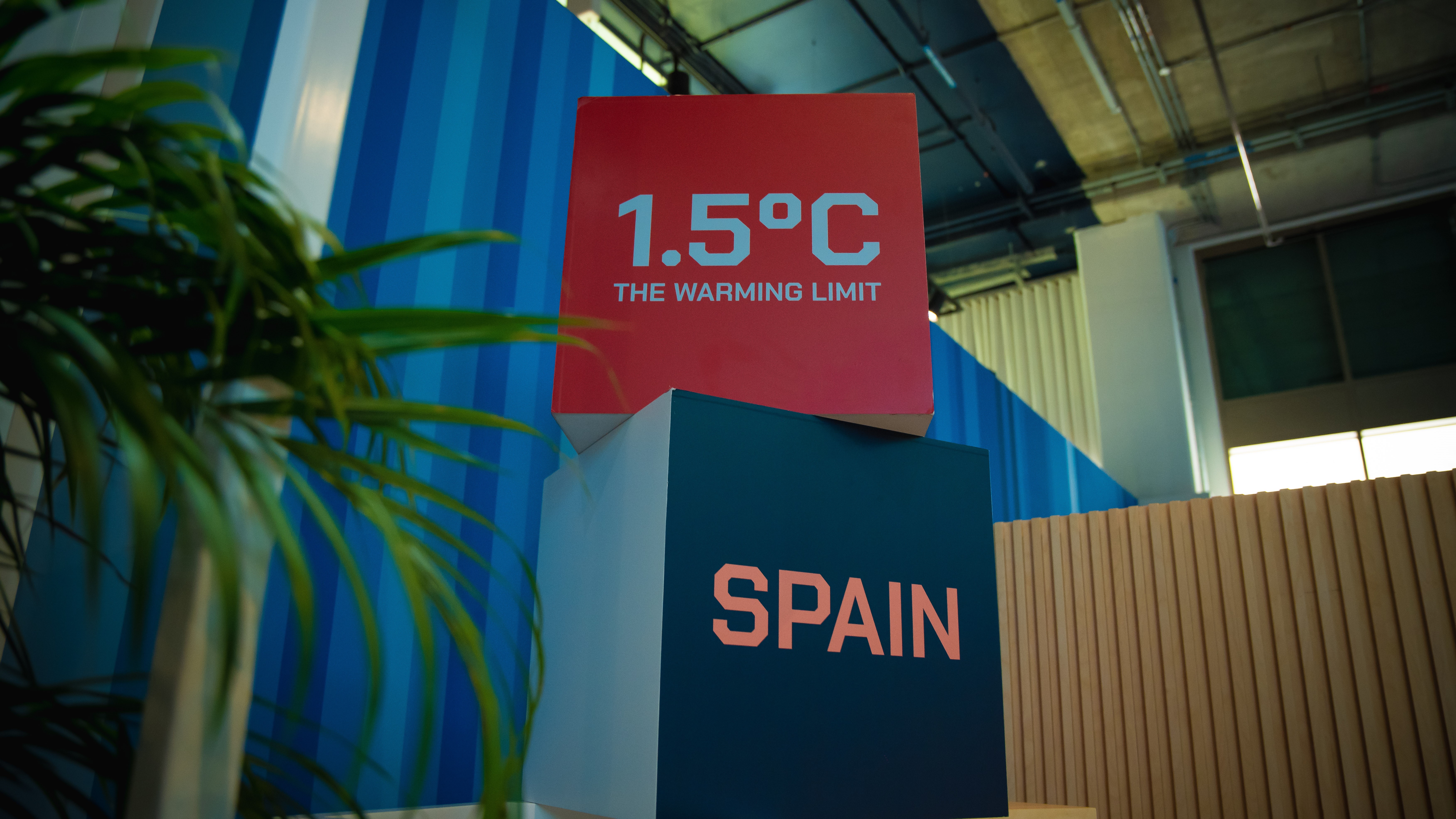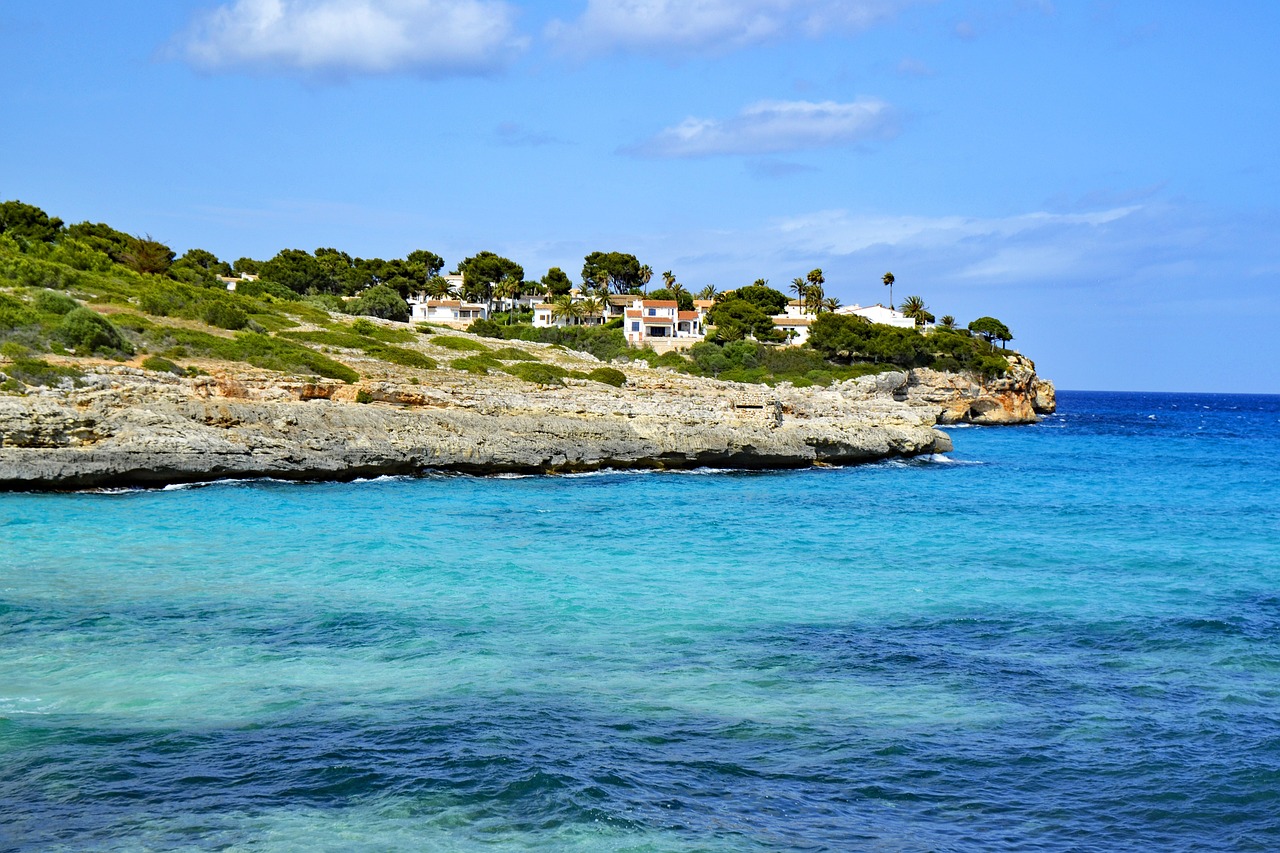COP28 highlights the link between climate change and nature

The final text agreed at COP28 held in Dubai last December reinforces the role of nature in the fight against climate change by recognising “the importance of conserving, protecting and restoring nature and ecosystems to achieve the temperature objective of the Paris Agreement”, by protecting “terrestrial and marine ecosystems that act as sinks and reservoirs of greenhouse gases and the conservation of the environment”. biodiversity”. In addition, it includes the need to halt and reverse deforestation by 2030 and a clear reference to the Global Biodiversity Framework.
In addition, a total of 18 countries, including Spain, signed the “Joint Declaration on Climate, Nature and People” showing a commitment to improve collaboration, both nationally and internationally, through a set of shared objectives. By signing this declaration, they are also calling on companies and financial institutions to develop strategies that simultaneously contribute to a zero-emission and nature-positive economy.
NATURE AND CLIMATE CHANGE IN THE SPANISH PAVILION
The nexus of nature and climate change was also discussed in depth in the Spanish Pavilion by a multitude of key national and international agents, whose representatives proposed solutions, challenges and practical experiences in areas such as the fight against deforestation, financing, natural capital accounting, nature-based solutions (NBS) or regenerative agriculture. among others.
Responsible supply chain management was highlighted for its crucial role in combating deforestation and forest degradation. The event “Responsible Supply Chains: A Key Tool to Curb Deforestation” highlighted the importance of a strong regulatory framework to encourage companies to adopt sustainable practices such as the European Deforestation-Free Products Regulation (EUDR).
Ecosystem services and nature-based solutions were also recognized at the Spain Pavilion for their power to mitigate a warming planet and protect vulnerable communities from the impacts of a changing climate. In the session “Nature-based solutions on the coast: opportunity for adaptation“, representatives from Andalusia, Catalonia and the Basque Country promoted collaboration and learning through the exchange of good practices, identifying barriers and synergies for coastal adaptation, mainly coastal marshes or wetlands and beaches. NBS were also addressed in the framework of the adaptation of cities in the session “Developing resilient and livable cities“.
Meanwhile, the session “Financing Nature-based Climate Solutions” underlined the critical need to allocate funds to support reforestation, ecosystem restoration and sustainable land management. In addition, they also reflected on how banks, insurers and investors can increase their ambition to finance climate change adaptation in the session “Promoting climate change adaptation: exploring innovative financing options“. The insurance community addressed the challenges for its sector in more detail in the session “The role of insurers in adapting to climate change: strategies to protect people and nature“.
Responsible water use was also shown to be key to climate change adaptation. The session “Water Management and Climate Change” delved into scenarios, new technologies and the importance of addressing climate-related water challenges in an integrated way, specifically addressed for the agricultural sector in the session “Sustainable Water Management in Agriculture“.
In addition to water, agriculture was addressed in the session “Challenges in the application of regenerative agriculture practices“, highlighting a model that aims to revolutionize the way we produce food, which prioritizes soil health, biodiversity and carbon sequestration. Through in-depth discussions, a global overview of the challenges faced in the deployment of regenerative agriculture was offered, including access to resources, market demand and education.
Finally, COP28 also provided a platform to explore the links between natural capital accounting and climate change at the event “Integrating Natural Capital Accounting and Climate Change” held at the Spanish Pavilion.




